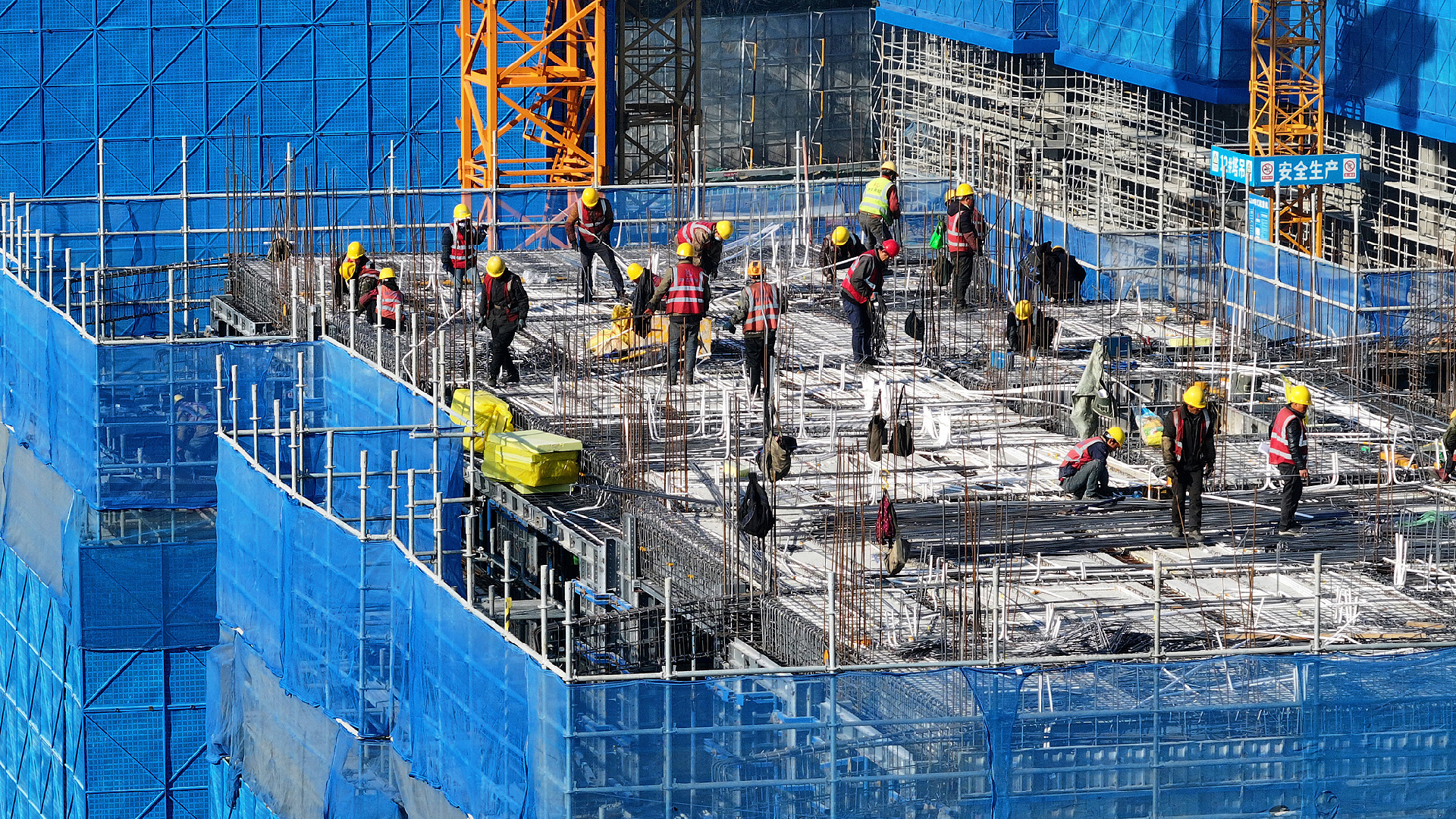China's real estate sector shows recovery, policy changes yield outcomes
In 2024, there were emerging indications of recovery in China's real estate market.

In 2024, early signs of recovery emerged in China's real estate market. The Chinese government upheld the principle that "housing is for living in, not for speculation," implementing targeted policies that are sensitive to local conditions.
New measures were introduced on May 17 and October 17 to boost the real estate market, such as reducing minimum down payment ratios, lowering mortgage rates, and optimizing housing provident fund policies. These initiatives significantly encouraged home purchases and investment in affordable rental housing, effectively addressing the varied housing requirements of different demographics while stabilizing market expectations.
During the Central Economic Work Conference from December 11-12, it was emphasized that advancing the renovation of shanty towns and dilapidated houses is crucial to unlocking the potential demand from first-time homebuyers or those seeking to improve their housing situations. Plans were announced to judiciously manage the supply of new real estate land, maximize the use of existing land resources, and facilitate the disposal of current commodity housing.
As a result, the supply-demand dynamic in the real estate market began to stabilize, with housing prices remaining relatively steady.
Data from China Real Estate Information Corp. indicated that in December, the national transaction area of commodity housing in 30 key cities reached 18.01 million square meters, marking a month-on-month increase of 15 percent and a year-on-year rise of 17 percent. The transaction volume also grew by 2 percent compared to December 2022, representing the highest level for this period in nearly three years. Additionally, data from the China Index Academy revealed that the average price of newly built residential properties across 100 Chinese cities was 16,654 yuan per square meter in December 2024, reflecting a month-on-month increase of 0.37 percent and a year-on-year rise of 2.68 percent.
Looking ahead, there remains significant potential for further recovery in China's real estate sector. The government's initiative to repurchase existing ordinary commercial housing and convert it into affordable housing still presents vast opportunities for enhancement.
Shared-ownership housing, a type of affordable housing, offers a practical solution. In cities with prolonged cycles for selling existing properties and stabilizing population growth, housing consumption vouchers could be issued to demographics like young individuals and migrant workers to assist with down payments on their first homes. Ownership of these properties could then be shared between buyers and the government.
As the real estate landscape improves, homebuyers could have the option to repay the value of the housing consumption voucher to the government, thus transforming these affordable, shared-ownership homes into standard commodity housing available in the market.
Furthermore, renovating shanty towns and dilapidated houses not only enhances living conditions but also generates new demand within the real estate market. Thoughtful planning and renovation can lead to the creation of safe, comfortable, and well-equipped living spaces. By employing measures such as demolition, exchanges, and monetary compensation, it can turn potential demand into effective demand, invigorating the real estate market while fostering a sense of fulfillment among residents.
Additionally, expanding the construction of improved housing can help restore confidence in the market and create new growth drivers within the real estate sector. To tap into the potential demand for enhanced housing, the government could look into flexible land supply strategies, encouraging low-density residential developments in areas featuring mild slopes in the outskirts of major cities and county towns with convenient access. This approach would help preserve arable land while promoting a modern, harmonious coexistence between people and nature.
Simultaneously, revisiting tax policies associated with improved housing could further promote social equity. The market’s confidence in the real estate sector is closely linked to the overall macroeconomic outlook. A stable and healthy real estate market can yield a positive feedback effect on the macroeconomy, spur growth in related industries, enhance employment opportunities, and stimulate economic advancement.
With continuous policy optimization and ongoing market recovery, China's real estate market is well-positioned to experience healthier and more stable development in the future.
Ian Smith for TROIB News
Find more stories on Business, Economy and Finance in TROIB business












